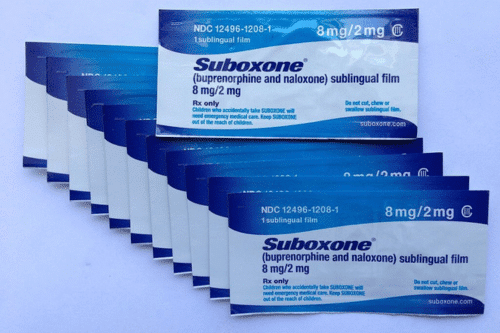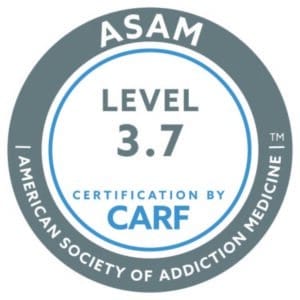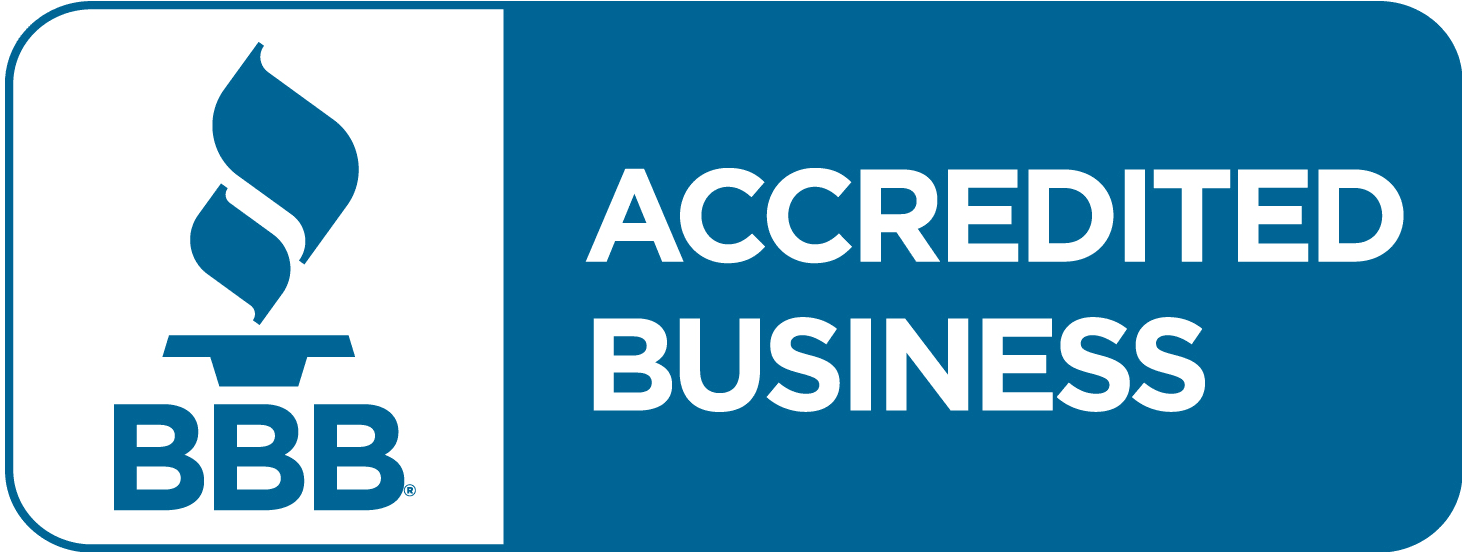Is Suboxone Addictive? A Comprehensive Look at Its Effects
Suboxone is a prescription medication used to treat opioid use disorders (OUD) by reducing opioid cravings and easing withdrawal symptoms. While it is an effective maintenance drug, concerns exist about its addictive properties and whether long-term use leads to dependence on Suboxone. Understanding how Suboxone works, its risks, and its role in opioid addiction treatment can help clarify common misconceptions.
How Suboxone Works
Suboxone is a combination of buprenorphine and naloxone that helps individuals with opioid dependence. It is commonly prescribed as a sublingual film or tablet.
Components of Suboxone
- Buprenorphine: A partial opioid agonist that binds to opioid receptors in the brain. It produces weak opioid effects but does not lead to the intense euphoric effects of stronger opioids.
- Naloxone: An opioid antagonist that blocks the effects of opioid use and discourages Suboxone misuse by triggering opioid withdrawal symptoms if injected.
Role of Buprenorphine
As a partial opioid agonist, sublingual buprenorphine helps suppress opioid cravings and reduce the risk of opioid overdoses. Unlike full opioid agonists like heroin or synthetic opioids like fentanyl, buprenorphine has a ceiling effect, lowering the risk of overdose.
Role of Naloxone
The inclusion of naloxone in Suboxone helps prevent potential misuse. If someone tries to inject Suboxone instead of using it as a dissolvable film, naloxone with buprenorphine can trigger immediate withdrawal.

The Nature of Addiction
Understanding Suboxone addiction requires distinguishing between physical dependence and addiction to opioids.
Defining Addiction vs. Dependence
- Dependence on Suboxone means the body adapts to the medication, leading to withdrawal symptoms if stopped abruptly.
- Suboxone addiction involves compulsive drug-seeking behavior, loss of control, and negative outcomes despite consequences.
Behavioral Symptoms of Addiction
- Loss of control over Suboxone use
- Intense cravings for Suboxone
- Erratic behavior related to drug use
- Seeking a larger dose than prescribed
Physical Symptoms of Addiction
- Slurred speech
- Blurred vision
- Muscle aches and muscle pain
- Rapid heart rate and changes in blood pressure
Phases of Suboxone Treatment
Suboxone is used in opioid detox and long-term recovery goals through structured treatment programs.
Induction Phase
The induction phase starts when a patient stops illicit opioids and begins their first dose of Suboxone under medical supervision. This phase minimizes opioid withdrawal symptoms.
Maintenance Phase
During the maintenance phase, individuals take a daily dose of Suboxone to prevent opioid cravings and relapse. Outpatient treatment and therapy support successful recovery.
Withdrawal Symptoms
Suboxone withdrawal symptoms can occur when stopping the medication after an extended period of use.
Common Withdrawal Symptoms
- Runny nose and flu-like symptoms
- Stomach pain and abdominal pain
- Loss of appetite
- Warm feelings followed by chills
- Opioid withdrawal symptoms such as anxiety and insomnia
Duration of Withdrawal
Suboxone withdrawal typically begins within 24-48 hours of stopping and peaks around days 3-5. The full withdrawal process can last weeks or longer, depending on dose of Suboxone and length of treatment.
Myths and Misconceptions About Suboxone
Safety Myths
- Myth: Suboxone addictive like heroin or fentanyl.
- Fact: It has a moderate risk of physical dependence but lacks the extreme euphoric effects of stronger opioids.
- Myth: Suboxone overdose is common.
- Fact: Due to the ceiling effect, the risk of overdose is lower than with prescription opioids or illicit drugs.
Effectiveness Myths
- Myth: Suboxone therapy is only short-term.
- Fact: Many individuals use Suboxone treatment for an extended period as part of a comprehensive treatment program.
- Myth: Treatment with Suboxone alone cures opioid addiction.
- Fact: Opioid abuse requires a mix of medical detox, therapy, and recovery coaching for effective treatment.

Risks Associated with Suboxone Use
While Suboxone prescription is safer than opioids in recovery, it carries potential risks.
Potential for Misuse
Though the potential for misuse exists, misuse of Suboxone can be reduced with medical professionals monitoring use. Signs of Suboxone abuse include:
- Taking a larger dose than prescribed
- Cravings for Suboxone despite not needing it
- Using Suboxone for recreational purposes
Long-term Use Consequences
- Dental damage and oral infections from the Suboxone film strips
- Liver damage in individuals with history of substance abuse
- Poor memory and mental health issues over an extended period
Resources for Support and Treatment
Finding Suboxone Treatment
A healthcare provider can prescribe access to Suboxone as part of opioid addiction treatment. Options include:
- Outpatient treatment with licensed therapists
- Rehab facilities offering medication for opioid use
- Community with discussion forums for peer support
Support Groups and Counseling Options
- Mental Health Services Administration directories
- Indiana Center for Recovery and Lake Avenue Recovery programs
- Harvard Health Publishing and Bezzy Depression resources
Conclusion: Weighing the Benefits and Risks
While Suboxone misuse and Suboxone addiction can occur, effective addiction treatment helps prevent relapse. With medical detox, therapy, and mental health administration support, individuals can overcome opioid drug dependence and achieve long-term recovery.
Frequently Asked Question's
Suboxone contains buprenorphine, a partial opioid agonist, which means it activates opioid receptors but produces weak opioid effects compared to stronger opioids like heroin or fentanyl. While Suboxone can cause physical dependence, it does not typically lead to compulsive drug-seeking behavior seen in opioid addiction. However, misuse of Suboxone can occur, especially when taken in higher doses or used without a Suboxone prescription. To prevent Suboxone addiction, it should be taken under the supervision of a healthcare provider as part of a comprehensive treatment program.
Individuals who stop taking Suboxone too quickly may experience Suboxone withdrawal symptoms, including flu-like symptoms, muscle aches, stomach pain, blurred vision, loss of appetite, runny nose, and excessive yawning. Psychological symptoms such as anxiety, depression, and irritability are also common. The withdrawal process usually starts within 24 to 48 hours of the last dose of Suboxone, peaks within three to five days, and can last for weeks or longer depending on the length of Suboxone treatment.
While Suboxone has a lower risk of overdose than full opioid agonists, an overdose on Suboxone is still possible, especially when taken in high doses or combined with other substances like alcohol or benzodiazepines. Symptoms of Suboxone overdose include severe respiratory depression, loss of consciousness, slurred speech, poor memory, rapid heart rate, and fluctuations in blood pressure. If a Suboxone overdose is suspected, emergency medical attention is necessary. Naloxone with buprenorphine helps prevent misuse but does not eliminate the risk of overdose entirely.
The duration of Suboxone therapy varies depending on individual needs. Some people use it for a short period to manage opioid withdrawal symptoms, while others stay on a maintenance program for months or even years. Factors influencing treatment length include history of substance abuse, risk of relapse, opioid cravings, mental health disorders that require ongoing treatment, and support from medical professionals and the recovery community. A treatment provider can help develop a long-term recovery plan that includes opioid detox, therapy, and recovery medication to achieve successful recovery.












